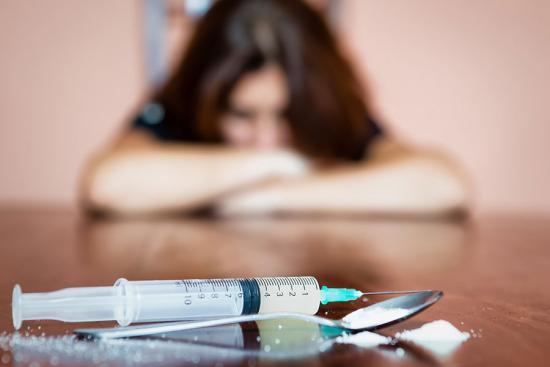Uncontrollable cravings, strained relationships, declining mental health, and persistent anxiety… Is heroin addiction starting to take control of your life?
This substance is one of the most powerful in terms of physical and psychological dependence. Its effects impact every aspect of daily life. Without proper care, the cycle of addiction can quickly become overwhelming.
Fortunately, there is a solution. In Turkey, specialized clinics offer personalized programs combining medical detox, psychological therapy, and ongoing mental health support. Each patient is guided step by step toward recovery in a safe and secure environment.
Don't wait to take back control of your life. Contact Turquie Santé today for a personalized treatment plan.
Price of heroin addiction treatment in Turkey
Turquie Santé offers a comprehensive program for heroin addiction treatment, including accommodation, transfer, medical follow-up, and personalized rehabilitation support. The average cost of treatment in Turkey ranges from 5,000 to 15,000 USD, depending on the duration and type of program chosen. You can request a personalized quote to receive care tailored to your needs.








